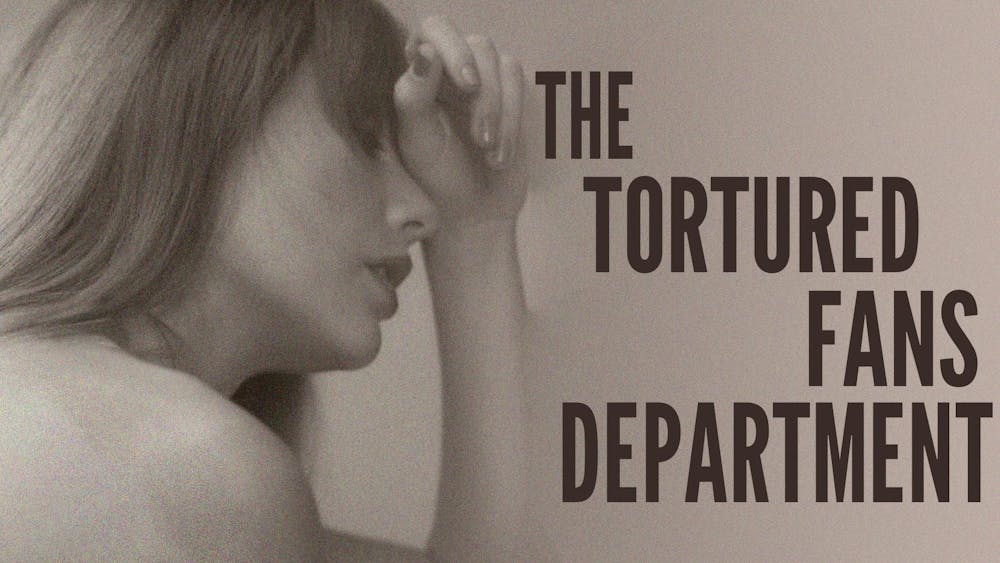No one would have thought, when "Gigli" was hitting rock bottom and the "Bennifer" situation was becoming more cliché and annoyingly-addressed than tabloid culture in general, that Ben Affleck had more artistic style up his sleeve than had been revealed in his contribution to the "Good Will Hunting" screenplay. "Gone Baby Gone" was something of a grand re-entrance for Affleck. "The Town" is his way of confirming his directorial mastery and promise for more good films.

If there were flaws with the film, they reside in the story. The standard crime elements of insipid character contradictions, tasteless revenge sequences and morally vacant actions taken by supposedly morally redeemed characters all add up to make "The Town" less emotionally involving than it could have been. These flaws don't make the story seem any less real, just less powerful an emotional tool.
"The Town," like "Gone Baby Gone," takes place in the crime side of Boston and focuses around a local bank thief, Doug MacRay (Affleck). After the loose cannon of the group (Jeremy Renner) takes a bank manager (Rebecca Hall) hostage and leaves her blindfolded on the other side of town, MacRay decides to keep an eye on her. After following becomes interacting and interacting leads to "buying a drink," MacRay and Keesey begin a romantic relationship. Their love is heavily based on Keesey's vulnerability as a hostage victim, a point of irony that seems to affect MacRay surprisingly little. Of course, this romance convinces MacRay to change his life, though this change hardly amounts to much as the film progresses.
MacRay's character is the most flawed. His actions as a criminal become more and more abhorrent as his conviction to change increases. The events in the last 20 minutes of the film will loose any sympathy the audience has for MacRay if it hasn't been lost already. MacRay never redeems himself as the protagonist, though his letter at the end of the film would have the audience believe otherwise.

What the film lacks in story, in makes up for in almost every other angle. Affleck's vision is outstanding. Among numerous scenes of spectacular dialogue and intimacy are several edge-of-your-seat action sequences, delivered in the popular Jason Bourne realist fashion.
Almost exceeding Affleck's success in direction are Hamm and Renner with exceptional performances. Hamm is unfortunately given too little face time; Renner is given just enough. Hamm delivers the best line of the film: "This not [messing] around thing is about to go both ways," but it's Renner who delivers the best scene. When his character, Coughlin, surprises MacRay on a lunch date with Claire, he lingers a little too long and threatens to blow their cover. The scene becomes one of those great cinematic experiences where the audience feels compelled to scream at the screen in a desperate attempt to intervene in what they perceive to be a disaster waiting to happen.
As crippling as emotional disconnectedness can be for a drama, "The Town" shines. Affleck presents a solid glimpse at a criminal's attempt to change and the end of the film has something to say about responsibility, about how the past shapes who we are and will be forever. Perhaps redemption is almost entirely out of the question for someone as criminally involved as MacRay. Affleck knows a thing or two about redemption. This film completes Affleck's own artistic triumph.












